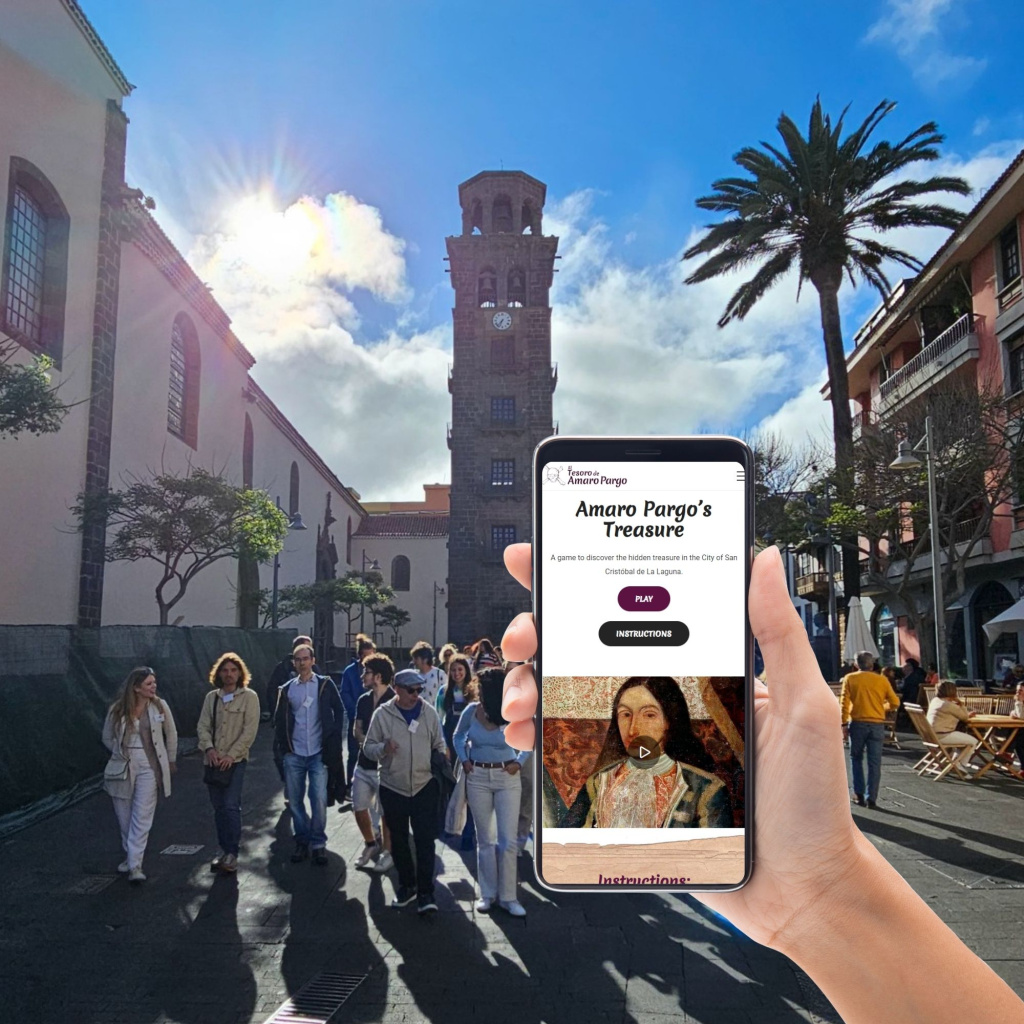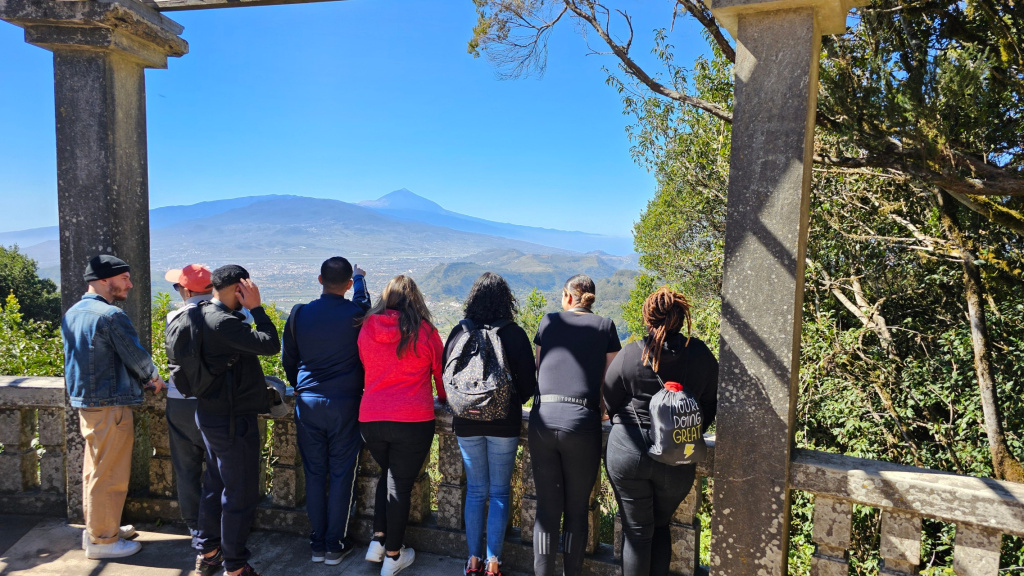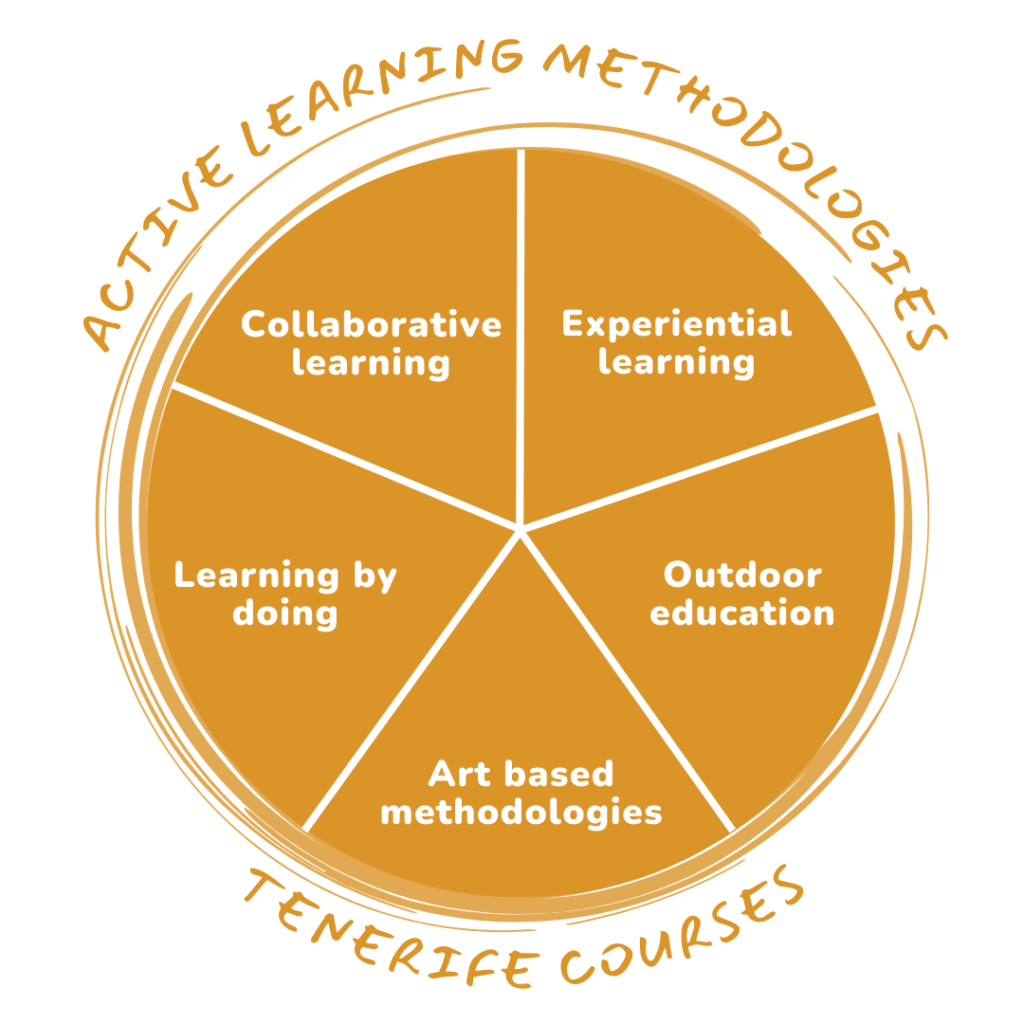Digital tools for outdoor education and game-based learning
In the rapidly evolving landscape of education, integrating digital tools with outdoor education and game-based learning offers a unique and engaging way to enhance student learning experiences. This course is designed to equip educators with the knowledge and skills to effectively incorporate digital technologies into their outdoor educational activities, fostering a more interactive and immersive learning environment.
Participants will explore various digital tools and platforms that can be used to enrich outdoor learning, including mobile applications, augmented reality (AR), geocaching, digital storytelling, and online collaboration platforms. Through hands-on activities and practical workshops, educators will learn how to use these technologies to create dynamic lessons that captivate students’ interest and deepen their understanding of subjects across the curriculum.
The course will also cover strategies for integrating game-based learning into outdoor education, leveraging the natural environment to teach critical thinking, problem-solving, and collaboration skills. By combining the best of both digital and outdoor education, this course aims to inspire educators to create innovative and effective learning experiences that motivate and engage students, preparing them for a digitally connected world.
Whether you are a seasoned outdoor educator or new to incorporating technology into your teaching, this course will provide valuable insights and practical techniques to enhance your educational practice. Join us to discover how digital tools can transform your approach to outdoor education and game-based learning.



Methodology:
Our focus is on showing the participants how the learners’ motivation increases when they become the actors of their own learning because the teacher takes the role of facilitator or learning guide.
Energizers, games and group reflections are foreseen daily in order to ensure a positive energy and a cooperative learning climate in the group.
We tailor our working methods based upon the participants‘ needs and professional profiles in order to ensure easier adaptability and application of the tools to the real life.
We will take care of you
-
- Support and Emergency Helpline Whatsapp group with all participants for easy communication and interaction between each other.
- Useful pdf presentation with the most important information about food, transportation and places to visit in Tenerife.
- Free afternoons to explore beauty of Tenerife.
- Visit to Teide National Park – optional.
- No requirements for accommodation, you can choose whatever you want (in the city where the course takes place).
- After the course:
- Teaching materials in pdf to use in your classes afterwards.
- Photos for dissemination.
- The certificate of attendance and support with all documents needed.
